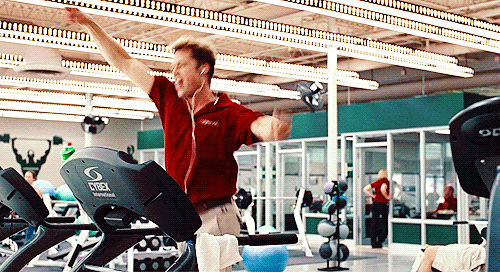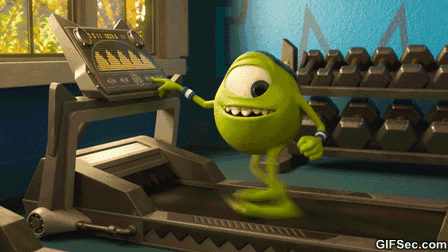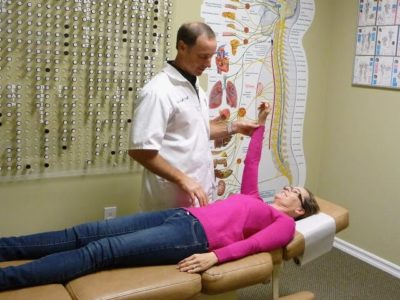Applied physiology and kinesiology. The name alone sounds daunting, but it’s nothing to fear. Also known as APK, this major is the field of study where you learn about the body. Taking classes beyond the usual biology and chemistry, this major is where you can learn about how your body moves and the best way to utilize it to it’s fullest potential.
What You’ll Be Doing
So you like the idea of studying the body, but what exactly does a major in applied physiology and kinesiology require? It entails hands on classes and labs that require a great deal of attention and focus. Some critical classes include a Physical Fitness and Exercise Prescription class, with some schools requiring a lab component. In these courses you’ll learn how to administer a number of fitness assessments by practicing on classmates and running a mock examination on your TA. Of course, you still have to take prerequisites like chemistry, biology and physics. No matter which path you take with this major, you’re guaranteed to work one-on-one with patients.
Upsides

1. “Coming out of undergrad with an APK degree led to many options. I learned how to apply the concepts I learned in class to the world of exercise science. I was able to get a lot of real-world experience through my last semester internship, which I completed at a physical therapy clinic.” –Andrea Cedeno-Tobon, University of Florida 2015, Doctoral Candidate at UF
2. “A great thing about being in the APK program is that everything you learn is applicable to daily life. Every single person on the planet has a body, so it makes sense to understand how it operates, as well as how to use it properly. You might learn about metabolism and muscle repair, for instance, and use that information to help build a fitness program for yourself.” –Gerard Robinson, UF Graduate student studying APK with a specialization in Human Performance
3. “You learn to be a better and healthier person. You understand why your body does what it does. As a dancer is has completely changed how I look at it and how I train [and] teach.” –Brittany Baker, University of Florida junior
Downsides

1. “The hardest part was realizing that you are not going to know everything all the time. There are times when you can get so wrapped up with studying that you forget what your goal is and that you should be having a good time on your way to that goal.” –Andrea Cedeno-Tobon, University of Florida 2015, Doctoral Candidate at UF
2. “Some classes were harder than I thought and some easier, but overall, every class and professor really challenged my abilities. This made for a struggle to keep A’s, but a huge gain in knowledge after taking each class. Every class required all of my attention and dedication; this is what made the major so challenging overall.” –Kristen Digioia, University of Florida senior
3. “Simply put, there’s a lot of information to absorb and remember…You are often tested by means of applying concepts to different scenarios. One of my Physiology exams featured a question about a nine year-old breaking her femur…we had to remember that casting and treating an injury of such sorts would differ from treating an adult’s injury.” –Gerard Robinson, UF Graduate student studying APK with a specialization in Human Performance
Career Opportunities
1. Rehabilitation Aide
While working in a rehab clinic, you can directly help both pediatric and adult patients. For example, aides’ patients practice the exercises that a physical therapist recommends for them.
This occupation involves helping people with chronic pain get back into shape as well as reshaping people’s fitness levels through exercise like yoga and aquatic rehabilitation. This job is perfect for those who want to give back to people and promote health awareness.
3. Wellness Coordinator
These professionals lead community fitness and wellness classes while also dealing with the business aspect, which involves marketing and reaching out to community groups. You’ll use patient’s medical records to evaluate appropriate measures.
4. Strength and Condition Coach
In this field you can work with professional or collegiate athletes. It’s common for coaches to run their own personal and private fitness centers specializing in specific sports training for up-and-coming athletes.
5. Clinical Exercise Physiologist
Clinical exercise physiologists give medically supervised exercise treatments for patients with severe conditions, including lung or heart problems. In the profession, you’ll also prescribe training aimed toward weight loss and the elderly after performing health screenings and various strength and flexibility tests.



















